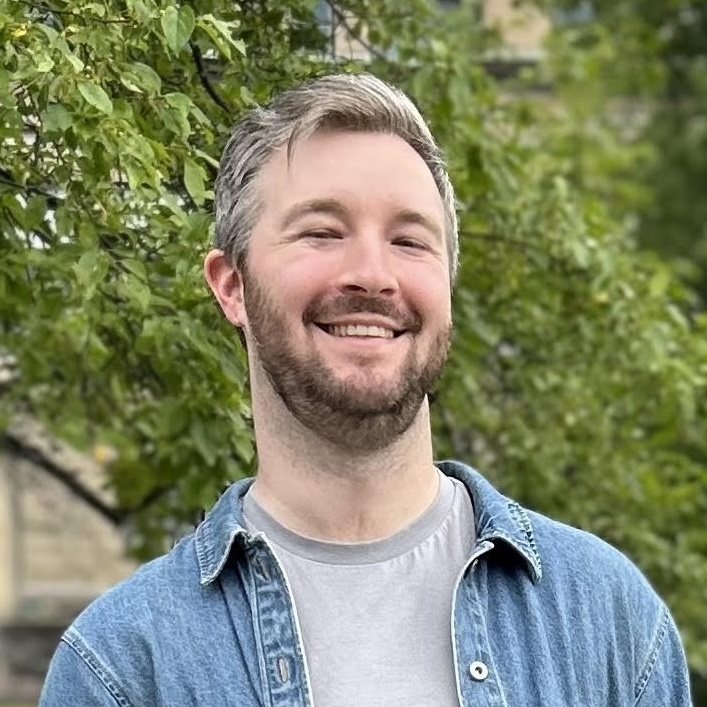“Species-Being, Communal Generosity, and Natural Norms in Marxism:” A lecture by Daniel Brinckerhoff-Young
Rockefeller Hall, 200

Critical theorists sometimes raise a question about how human beings could ever intentionally bring about an emancipated society. It seems, they say, that not only our shared institutions but even our very desires and ways of thinking grow out of oppressive social structures. If that is the case, how could we ever figure out what norms will actually guide us to liberation? Marxism gives rise to this puzzle in a very acute form, because of historical materialism. For materialists, even the moral norms that become predominant in a society do so because of the role they play in stabilizing and reproducing the ruling class’s economic domination. So again, the puzzle: how do we find more liberating norms? In Daniel’s talk, he will work towards a Marxist answer to the puzzle. His answer is rooted in Marx’s somewhat vexed idea of “species-being [Gattungswesen],” an ideal of communal life that Marx claims gains its normative force from human nature. Following that suggestion, he'll explore some candidates for Marxist “natural norms” which, in some contexts, we already follow, readily apparent throughout deep human history—in particular, norms of communal reciprocity and flamboyant generosity. It has become very controversial to claim that moral and political norms could be derived from human nature, so we will need to discuss that as well. Along the way, there may be some surprising assistance from anti-colonial revolutionary Amílcar Cabral, Oxford philosopher Philippa Foot, and eccentric librarian Georges Bataille.
This event is sponsored by the Department of Philosophy.